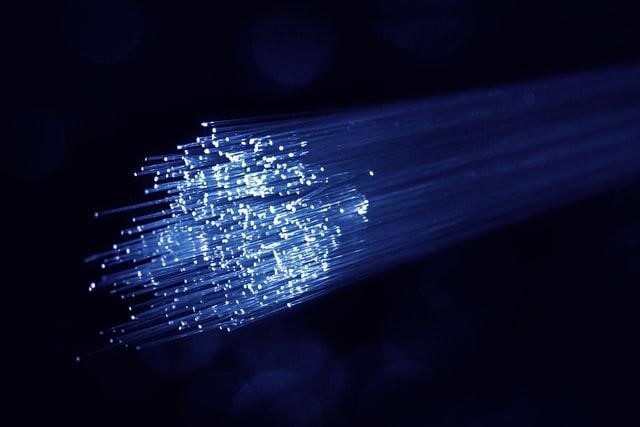Are you skeptical about which one, fiber vs. cable internet, will allow you to surf the internet with great speed?
Fret not! In this article, we will highlight the ultimate champion of the fiber vs. cable internet showdown!
Difference Between Fiber vs. Cable Internet
Fiber optics use thin glass filaments and carries signals as light energy. It is now considered the paradigm of local internet connection with a coverage of 43% in the USA.
On the contrary, cable internet transmits radio signals via copper lines. The waves then intersect at various points and eventually reach the Internet Service Provider — ISP.

Fiber vs. Cable Internet: 5 Comparison Points
1. Reliance
Firstly, stable and fast network connectivity forms the supreme dynamic duo that every internet user wants. It is a problem with cable broadband, which largely depends on an uninterrupted electricity supply.
It is also susceptible to poor weather, signal interference, and abrupt disconnections. In comparison, fiber optics provides consistent internet and is devoid of any such limitations.
2. Broadband Speed
Secondly, fiber optics relay information at a lightning-fast speed of 1000 Mbps/second. Now compare this with the download and upload speeds of coaxial networks of 10-500 Mbps and 5-50 Mbps, respectively.
Pause, notice, and try to absorb that fiber internet is 100 times faster than your average internet connection! Furthermore, with fiber optics, excessive active users do not affect the connectivity.
3. Bandwidth
Bandwidth is the maximum data you can transfer at a given point in time. Fiber connection with symmetrical bandwidth ensures the smooth sailing of your day-to-day activities.
Increased productivity, better communication, and easy syncing into your cloud storage are some worth mentioning benefits of ample bandwidth.
4. Cable Size and Distance
The strengths of your signals deteriorate over long distances. This loss is only 3% with fiber and 94% with coaxial internet for over 100 meters. For the latter, it occurs as impulses are carried to and from the Central Office (CO).
Cable internet’s transmission speed is also directly correlated to the cable size, which is not an issue with fiber internet.
5. Cost-effectiveness
Cable connection, though seemingly cheap, is costly while servicing. Fiber internet is expensive in the short term. But in the long run, it is more enduring, low-maintenance, and requires less hardware.
Fiber network providers like AiNET save you a buck by remotely scaling up your bandwidths and switching to the cloud.
Bottom Line: Fiber Internet Is Better Than Cable Internet
In conclusion, fiber internet came, saw, and conquered the world of internet connectivity. It should be the go-to connectivity option for people requiring smooth internet access.
Last but not least, AiNET provides seamless cloud storage, fiber network, and data center facilities to its customers. Contact the AiNET team today to get a better picture of our services.
